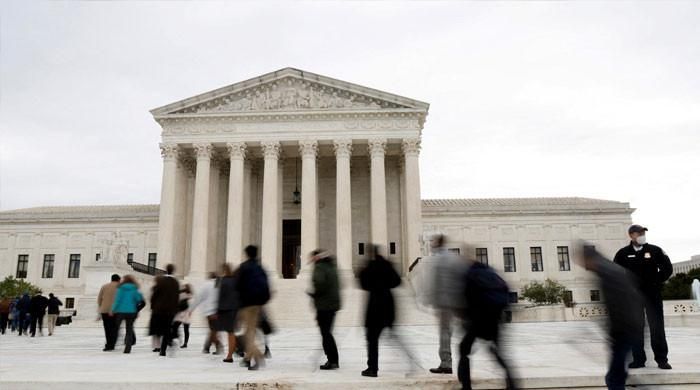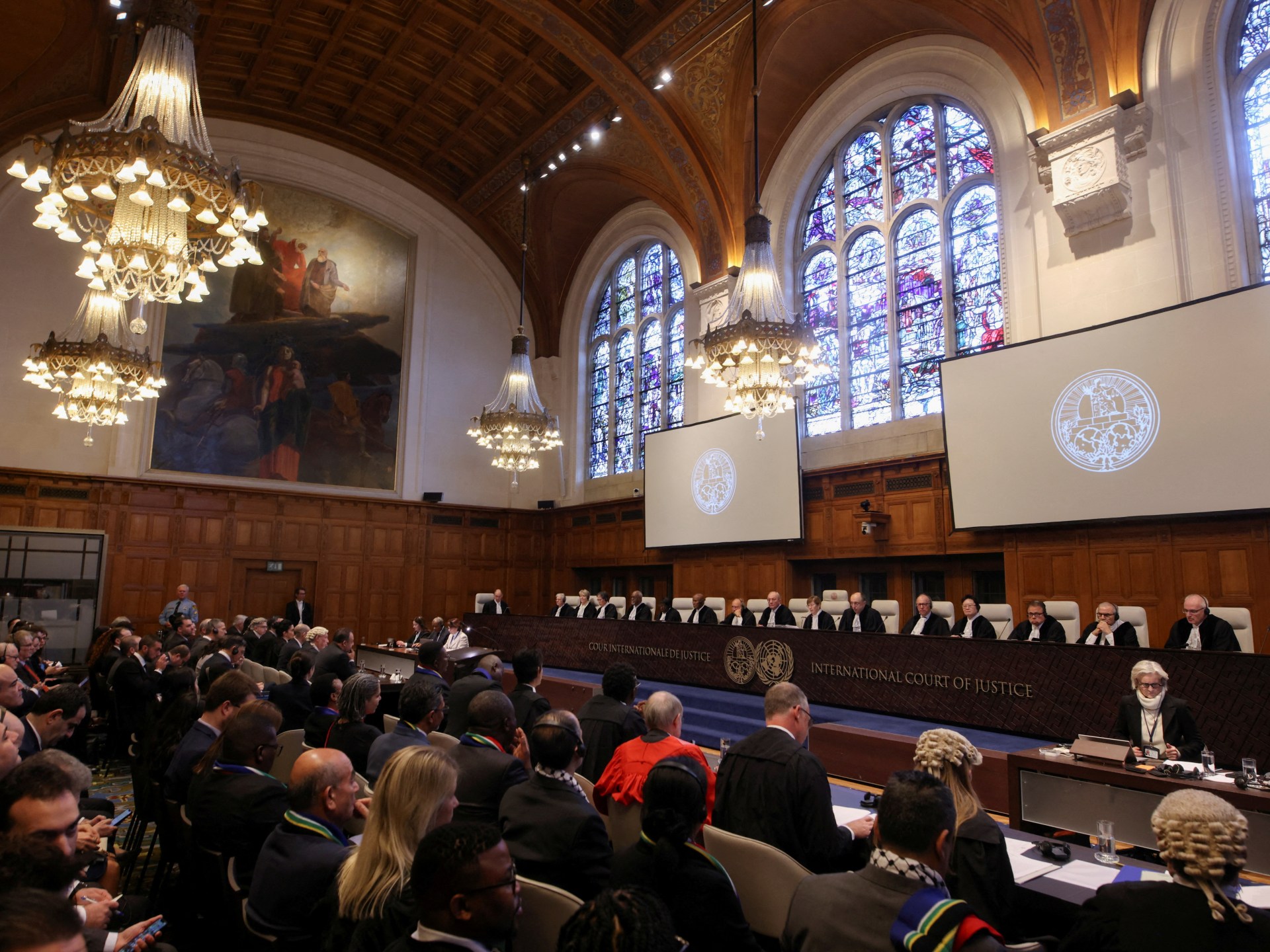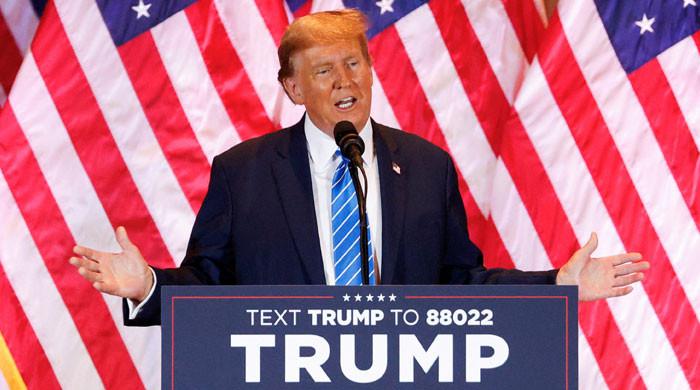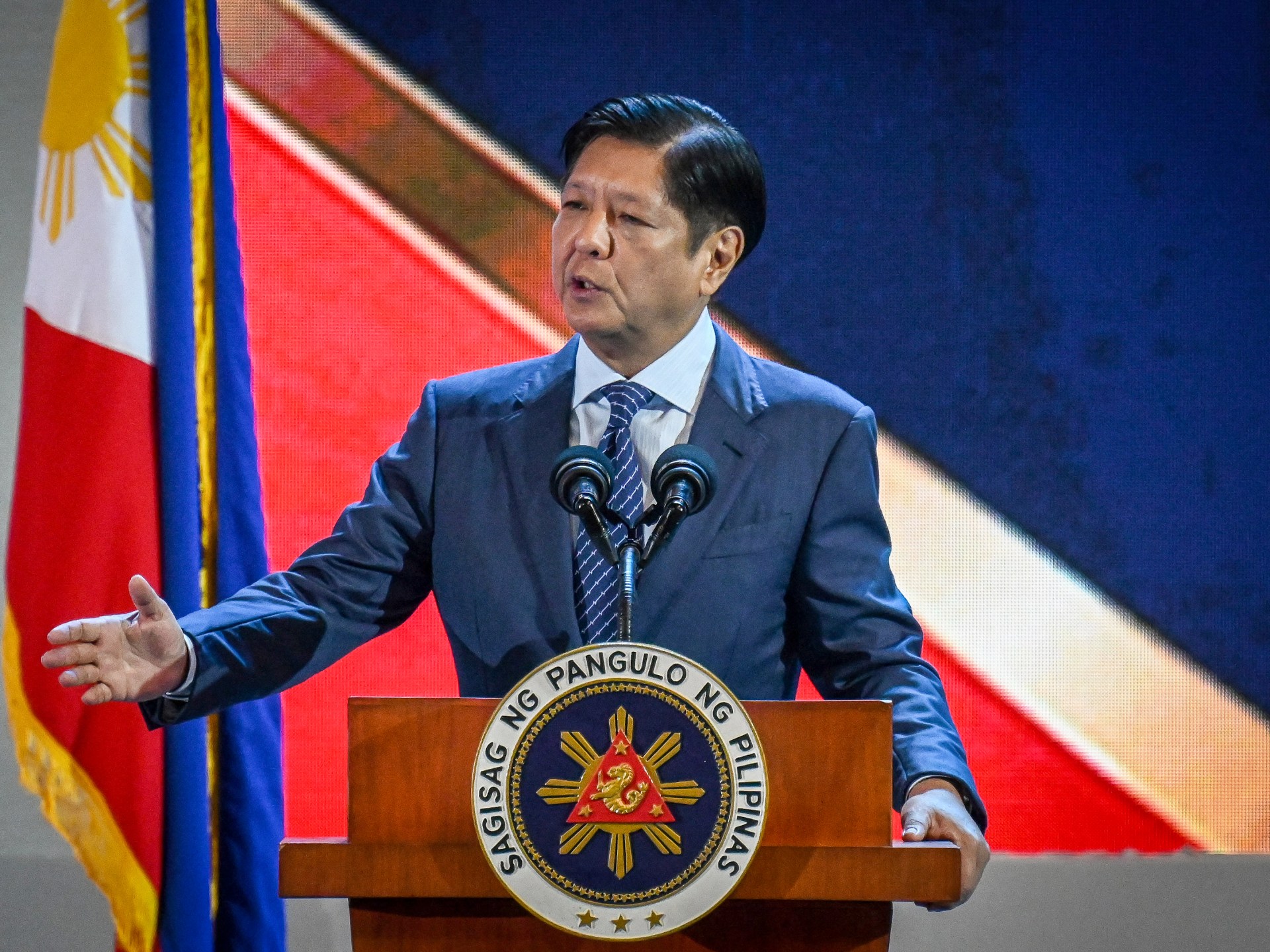After the Capitol riots, Florida and Texas enacted laws challenging platforms' ability to remove political content.
Social media giants face a pivotal moment as the Supreme Court engages in arguments that could redefine their authority over content moderation. The New York Times reported.
In the wake of the Capitol riot and subsequent bans by President Donald Trump, states including Florida and Texas enacted laws questioning platforms' ability to remove political content or candidates.
Tech industry groups NetChoice and the Computer & Communications Industry Association oppose these laws, emphasizing the right of companies to make editorial decisions protected by the First Amendment.
The crux of the issue lies in whether the government can force social media platforms to publish specific content. Daphne Keller of Stanford Law School emphasizes the possible outcome: “What's at stake is whether they can be forced to publish content they don't want to.”
If the Supreme Court finds the laws constitutional, it could give the government influence over online content, leading companies to consider creating state-specific feeds.
Proponents argue that such laws protect against perceived liberal bias on the platforms. The Texas law prevents platforms from removing content based on the user's point of view, while Florida fines platforms for permanently banning state candidates and requires transparency in content moderation rules.
The court's decision, expected in June, has significant implications for the future of online speech and the balance between government intervention and platform autonomy.
Legal experts anticipate that the ruling may guide adjustments to laws or affirm the prevailing status quo, allowing platforms to continue determining permissible online speech.












